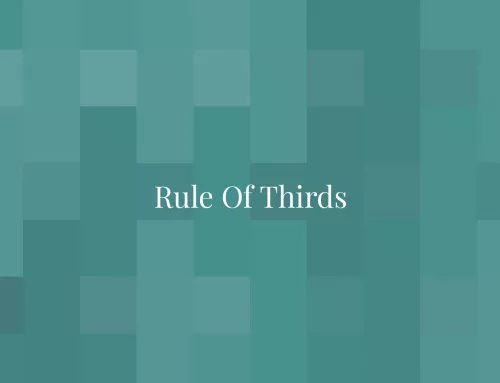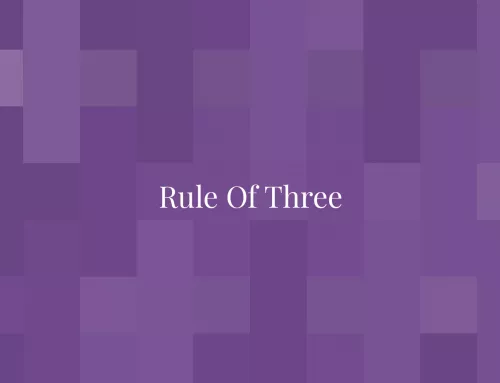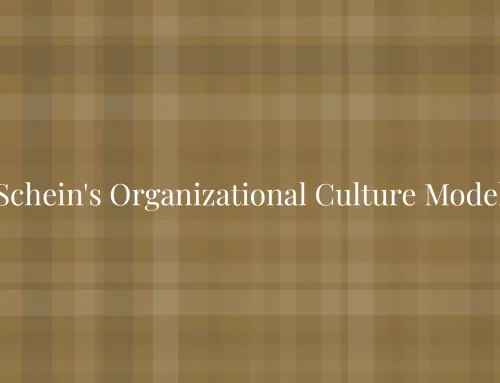A fine line divides those who go on to get promoted and achieve greatness in their consulting careers and those, in consulting parlance, get managed out after 2 years in consulting. After all, consulting requires certain mental agility, toughness, smarts, and lifestyle choices to navigate the complex and diverse engagements, industries, client stakeholders, their personalities, etc. Informed opinion is a key trait that differentiates good and great consultants.
In consulting parlance, an opinion is commonly referred to as a point of view (POV). After all, the clients do not pay high rates to consulting firms for the boiler plate answers from (especially) junior consultants or MBAs – it depends. So, as a consultant, you need to take a position on the client situation (a.k.a. engagement / case) based your analyses, experience, and expertise.
Take on client perspective
Think about this from the clients’ perspective. They have engaged your firm and your team of smart consultants has started the engagement. The client is interested to know – What can these smart consultants tell me that I don’t already know from running this business for over a decade? After all, that’s why you’ve been hired – provide a unique analysis of the situation that the client has attempted to tackle, and probably failed. They are aware of:
- your firm’s expertise in this area
- your network (alumni included)
- broad industry view you possess
- experience in managing similar situations
- repertoire of best practices and frameworks that worked for others
- references from, perhaps, other clients in the same industry, and
- knowledge how to tackle this specific problem
They are more interested in what:
- Worked or did not work in similar situations
- Aspects of the business did we not consider before
- Required changes and implementation roadmap
- Options we may not yet have considered
How do you develop an opinion?
Your opinion is something you develop, in tandem with your firm, over the course of many years, if not decades. It is a combination of your core competences – smarts, expertise, experience, and neutrality. If you are approaching the close of an engagement and don’t have an opinion yet, then do that extra bit of analysis. Read up prior cases or materials from your firm’s knowledge base or the Internet. What did similar companies do in similar situations? Look up your MBA case studies. The chances are, you’ll find an approach or insight that might not have, previously, occurred to you. In short, this might be the gold nugget that the client is seeking. Gets passionate and invested in the client’s issues and fire up at the prospect of making a difference.
Is the client considering laying off thousands of employees? Is that a sustainable strategy? What alternatives does the client have? Are there trade / employee unions the client may not have considered? Where in the business cycle does the economy find itself in? How many of the employees base can they re-purpose? To what? And, so on..
Conflict – all in a day’s work
Disagreement with clients’ teams is a normal aspect of most engagements. As a consultant, you don’t want to burn the bridges. Yet, you recommend the best among the positive alternatives. Furthermore, the client might want you to implement your recommendations, even though their views may differ from yours. Great consultants tread this path very carefully. Clients don’t necessarily have to agree with your views. In these situations, you should consider the consequences for the client, should your recommendations be implemented.
What-if your opinion is flawed?
Sometimes, consultants do commit mistakes and a great consultant always accepts and modifies his / her view with all humility. Great consultants are not arrogant, but display confidence. They bring on their experience to bear upon the clients. Usually, they take more than the quantitative (raw data) approach to identify mistakes and validate assumptions. Finally, they make a qualitative impact by connecting with the client by their attitude and spinning a story around what they wish to convey.




